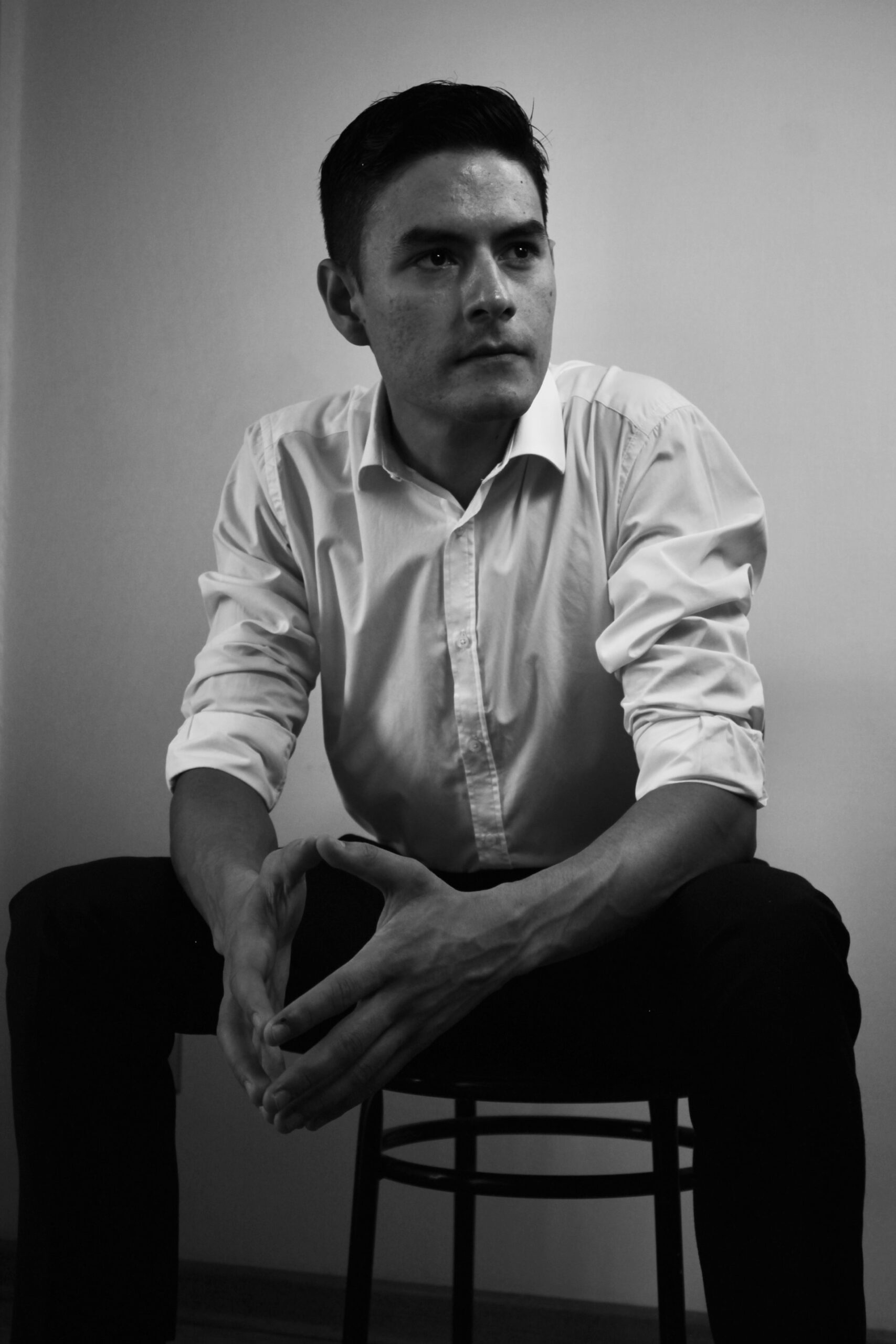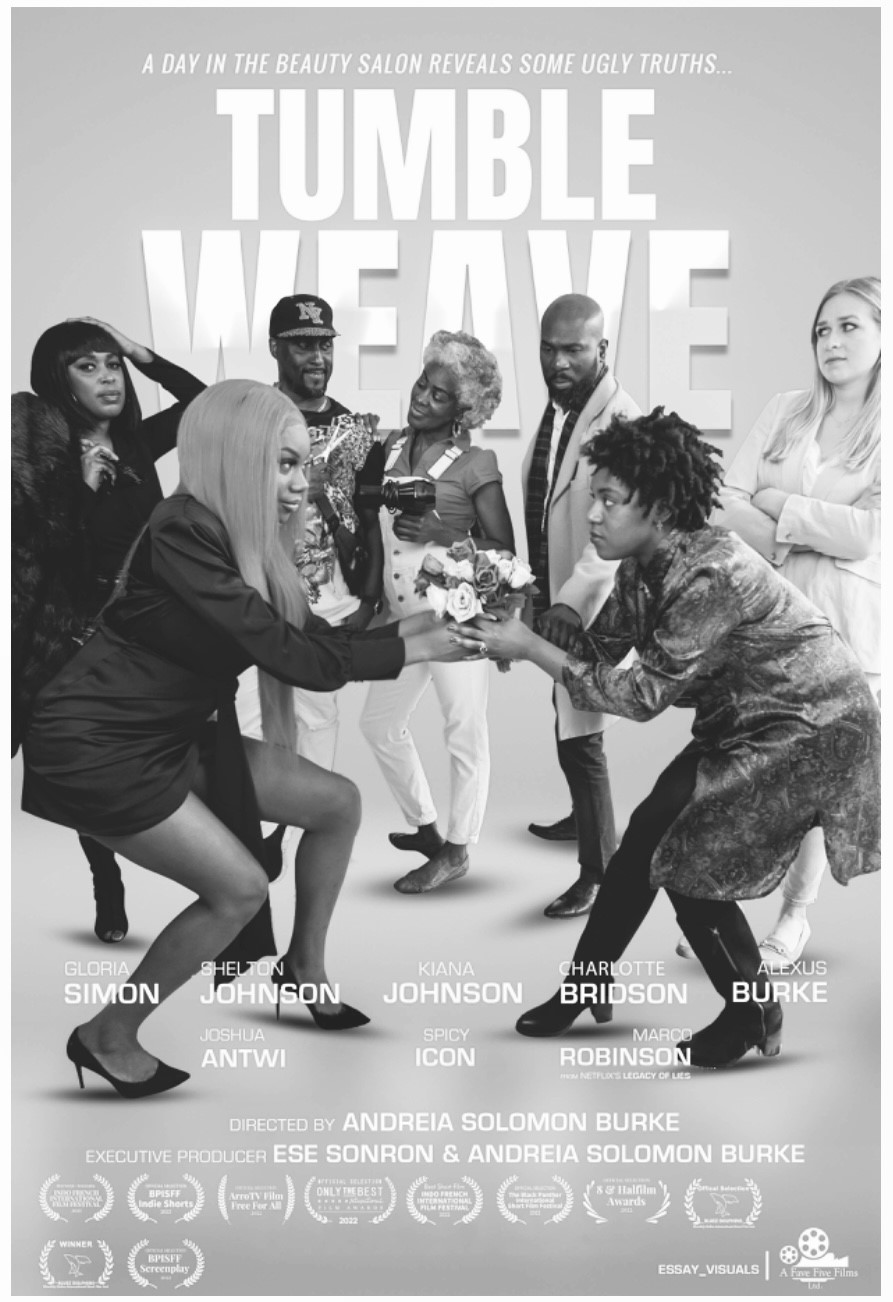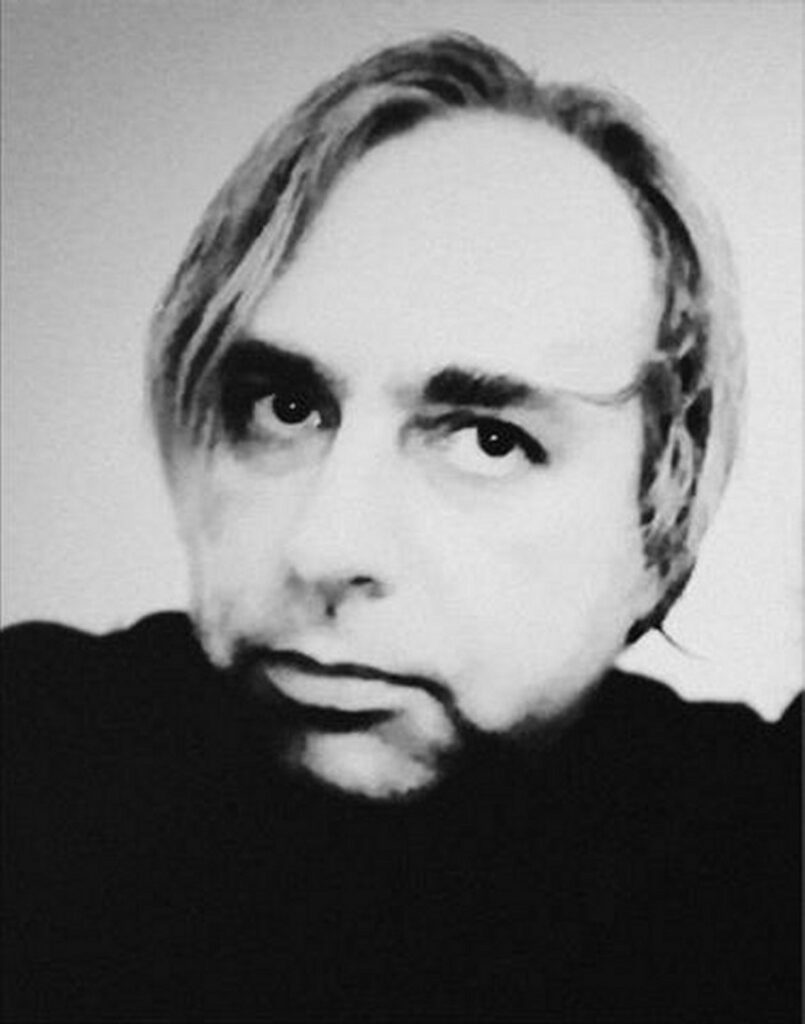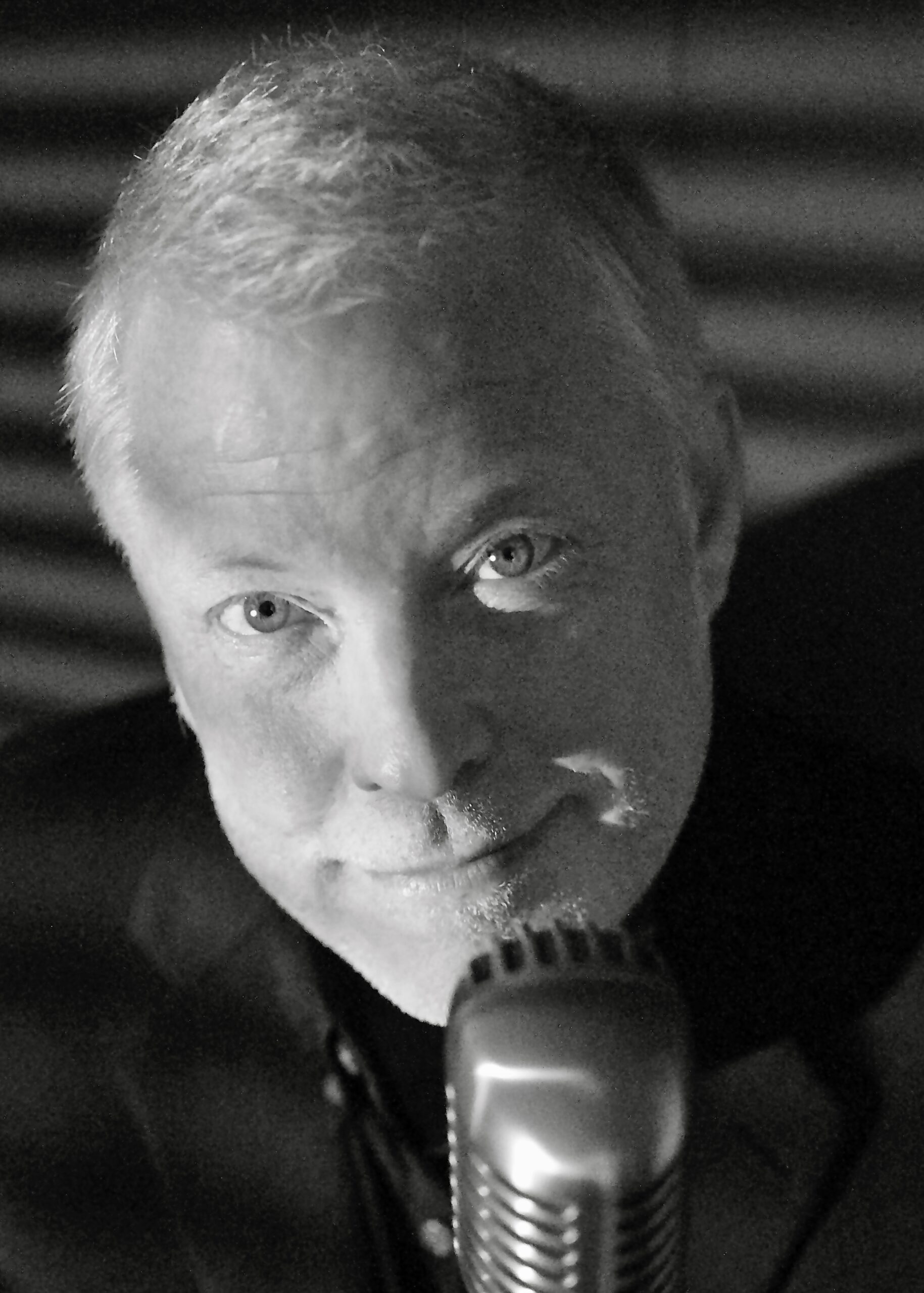
-Who is Ignacio Marín Aedo?
I want to believe that I’m a 27-year-old Chilean filmmaker with a lot of potential, but the truth is that
I consider myself a little kid playing movies with his friends. I’m the father of a beautiful 6-year-old
girl named Isabella. I hate waiting in lines for too long, and I can’t live without eating fruit.
What inspired you to become a filmmaker?
I’ve always been passionate about the world of communications. In cinema, I found a way to connect
with others and communicate my vision of the world without saying a single word.
I like to think that anyone in the world can be an inspiration.

-Do you think the cinema can bring a change in the society?
I think of cinema as one of the most powerful tools in all of human history, and I like to
believe that I feel the weight of that responsibility. Undoubtedly, cinema can be a driver of
social change, and it already is. Every story we choose to tell brings visibility to a group of
individuals with realities we were previously unaware of. I believe that’s where the art of
this discipline resides
-What would you change in the world?
The influence of social media in our daily lives. I don’t have Instagram, and I hope to soon be
able to quit Facebook. Don’t even get me started on TikTok. I have a pessimistic view of this
aspect of our lives, as I don’t like how it affects relationships and human communication. I
believe that a part of our essence is online all the time, and we spend the other part offline,
on the way somewhere or waiting for another moment. Besides, my neck hurts a lot when I
use the phone. Why do we have to look down?

-Where do you see the film industry going in the next 100 years?
It’s a tough question; I struggle to project my life into the future, let alone the film industry.
However, I believe that the part of technology I like the least will have the most influence on
the industry. I dare to say that we will transition from the film industry to the content
industry. It will be content tailored to each individual’s preferences, probably generated
instantly by some kind of super processor. I’ve never been good at science fiction.
















